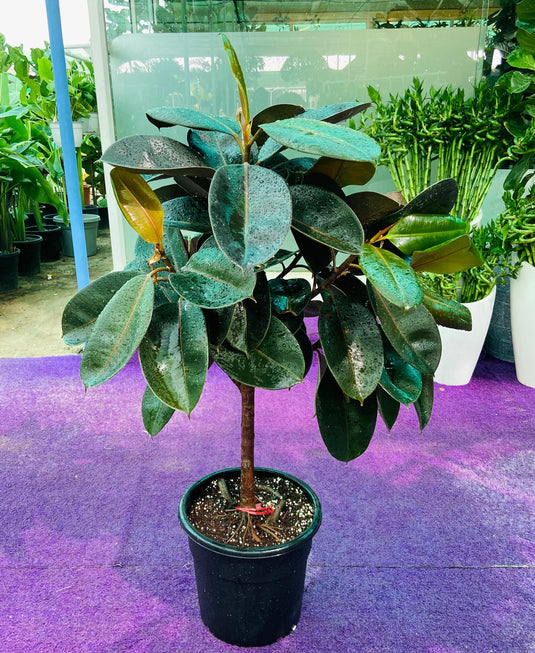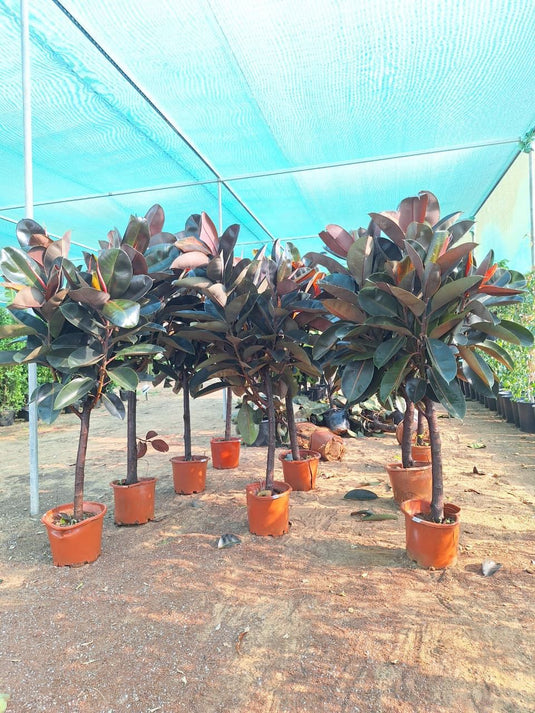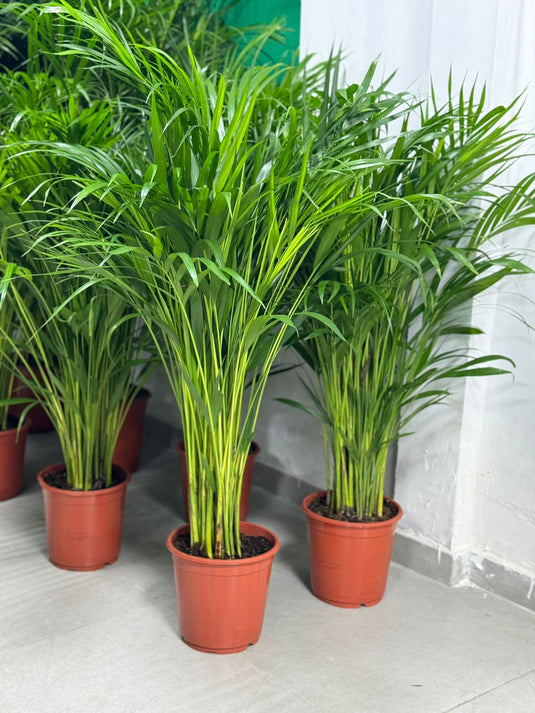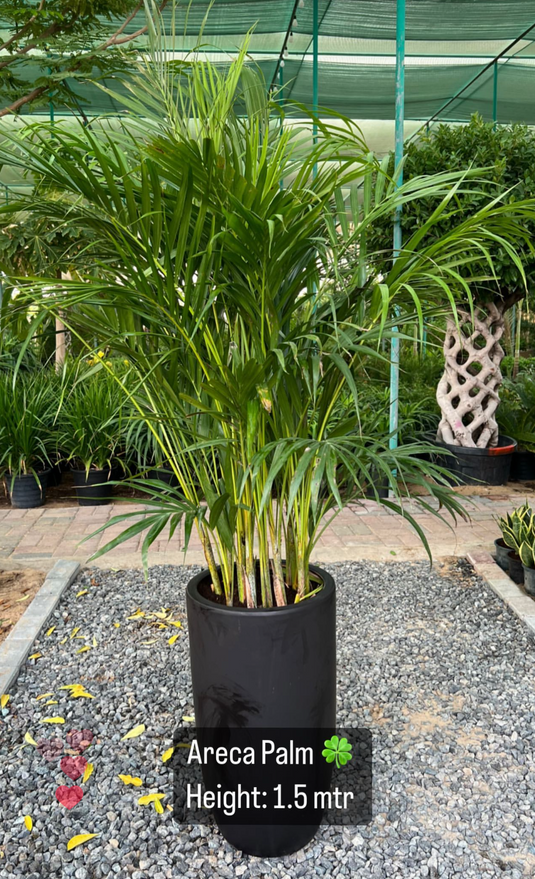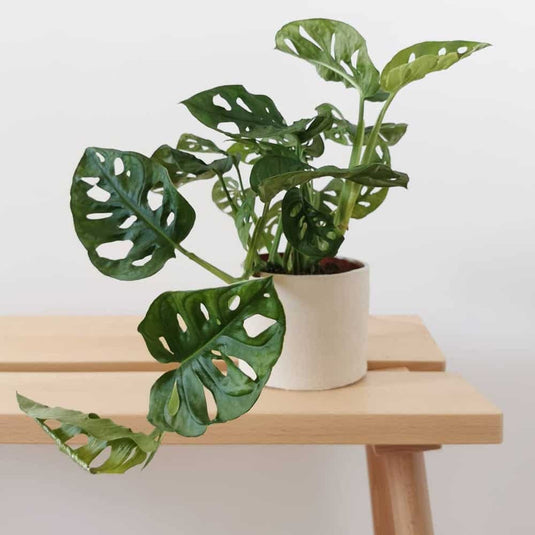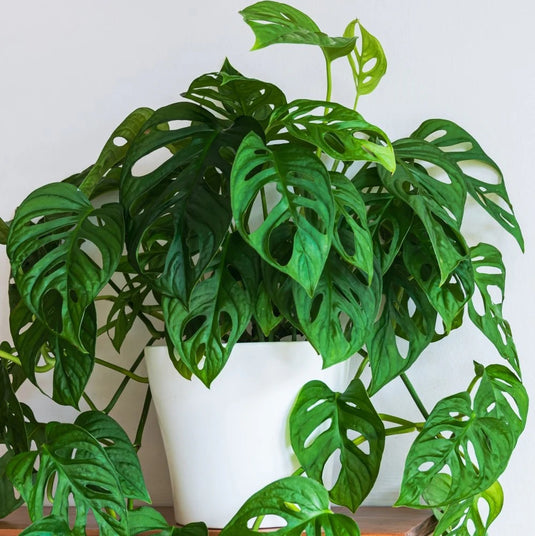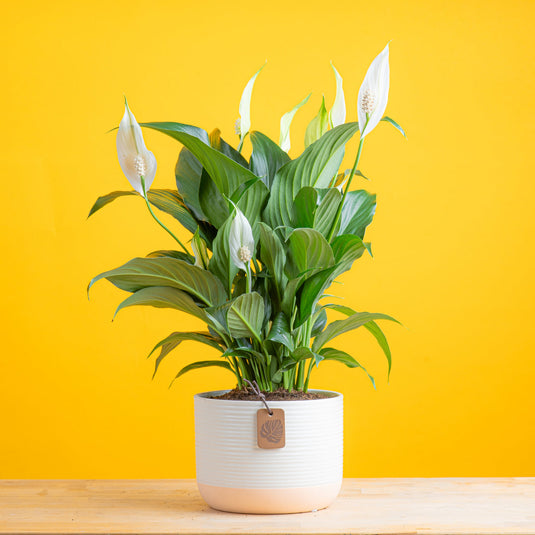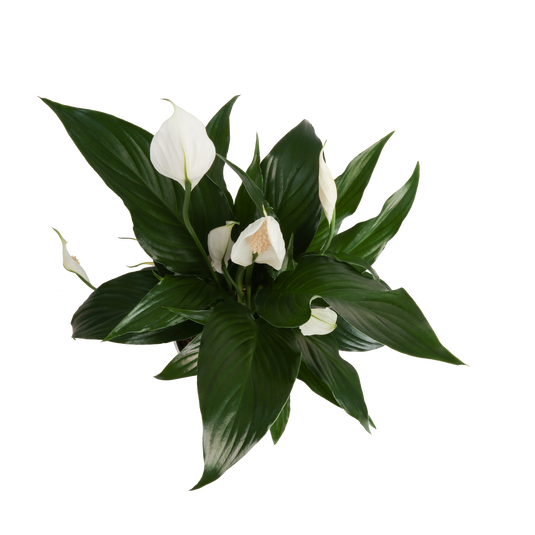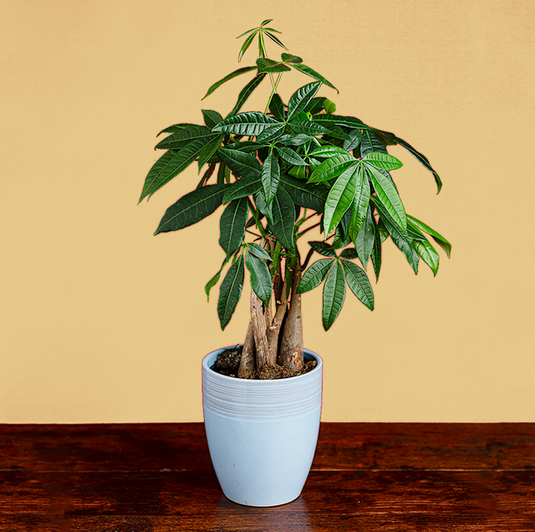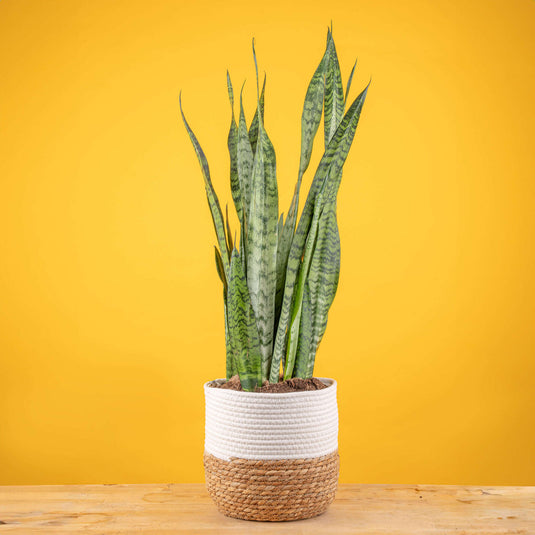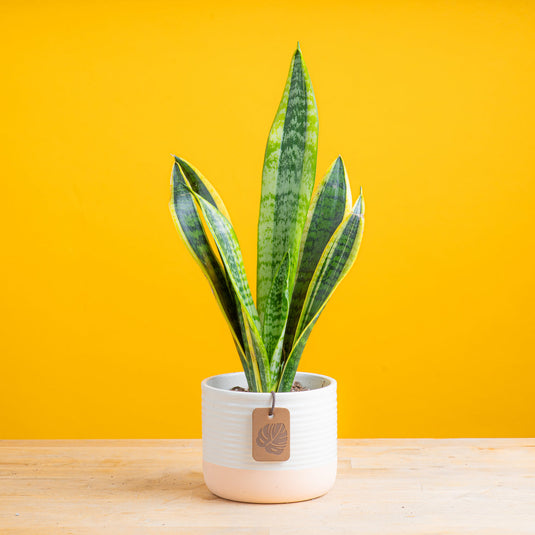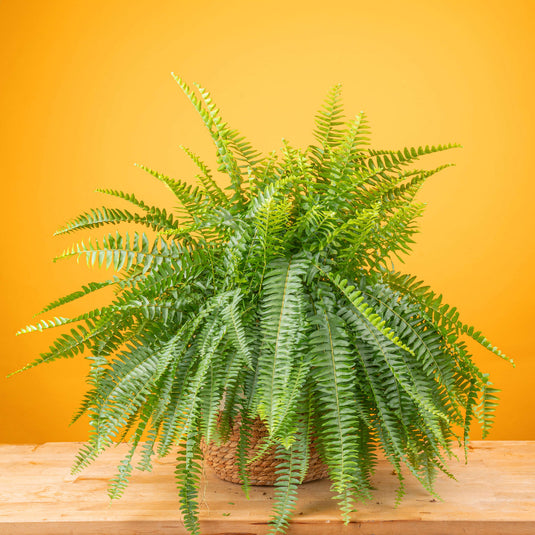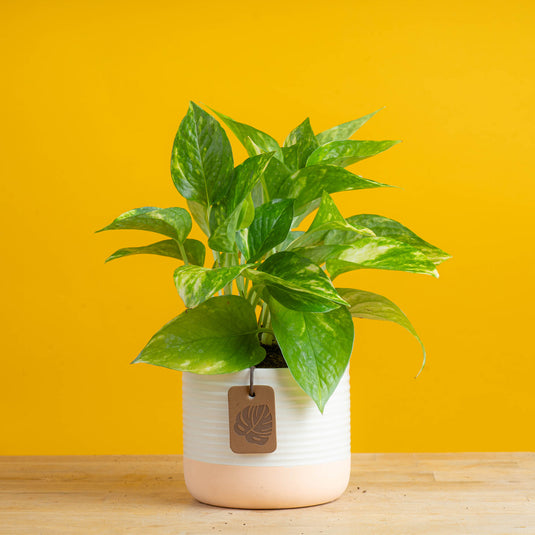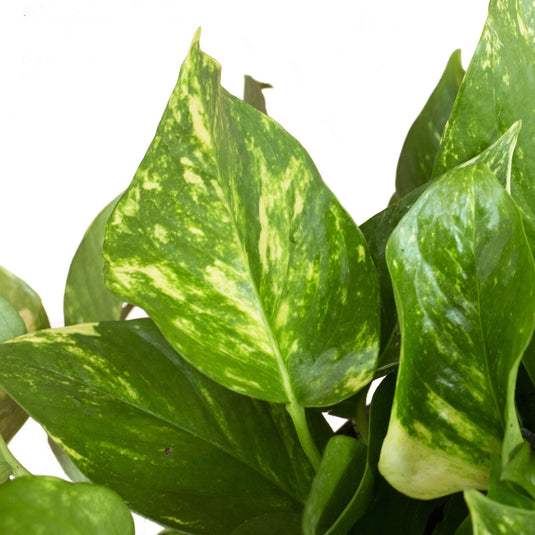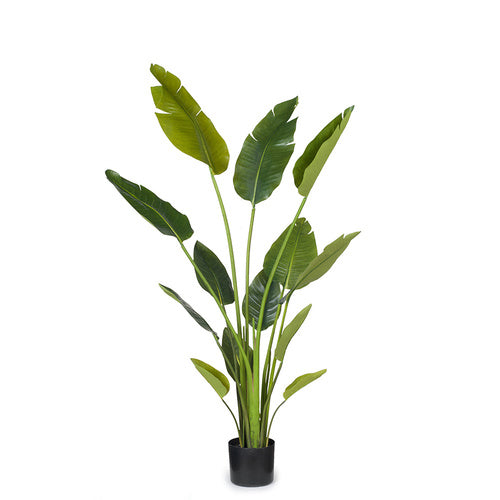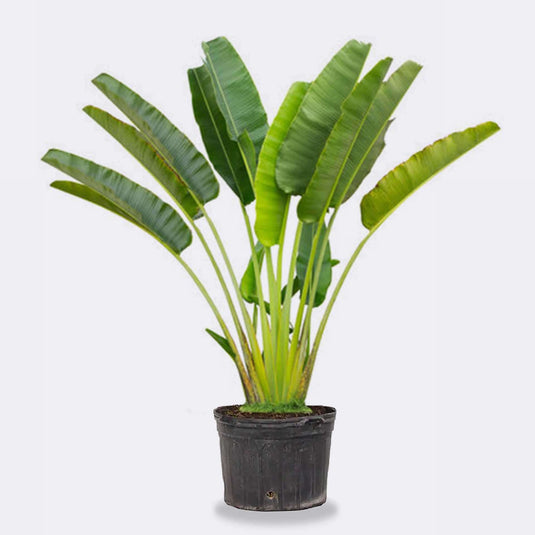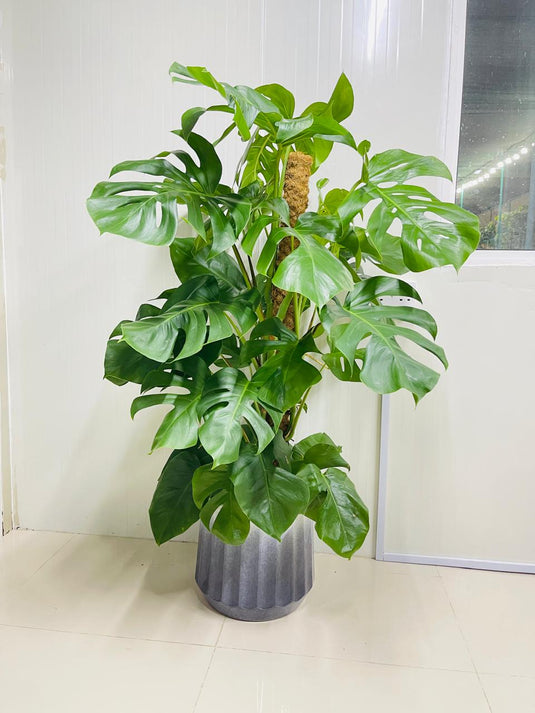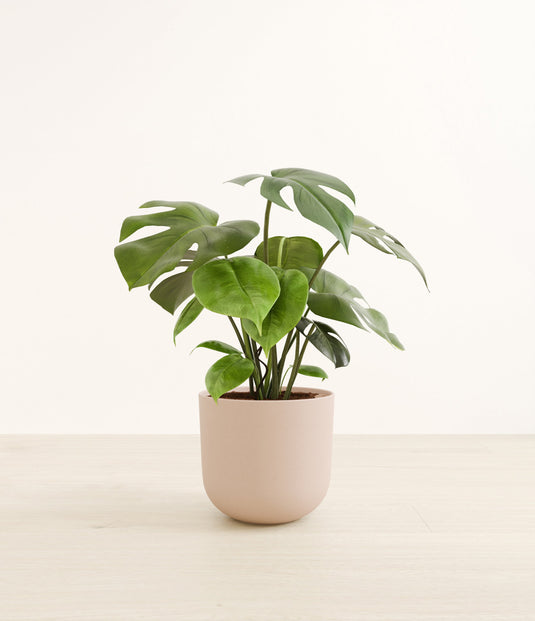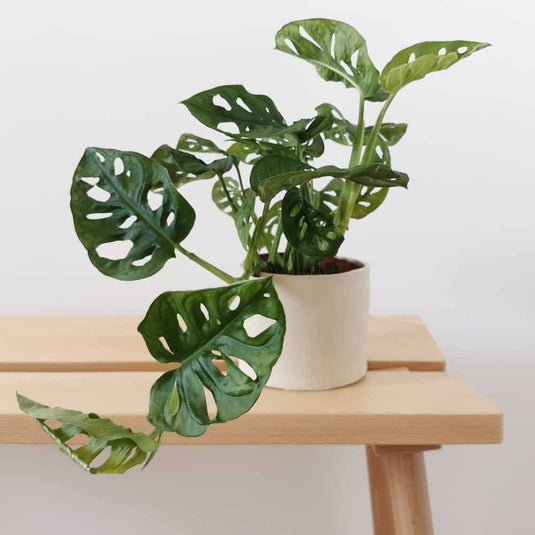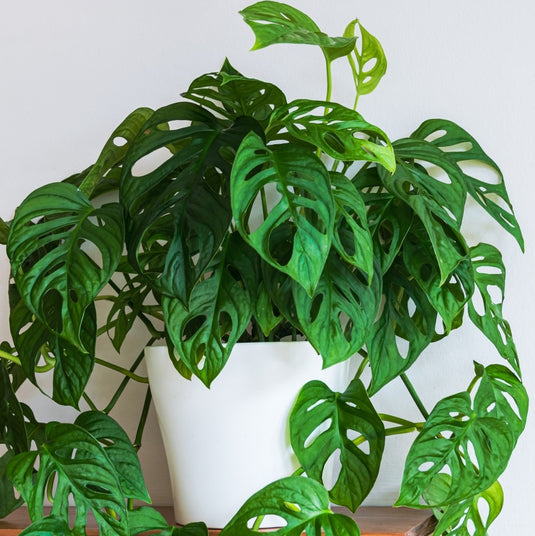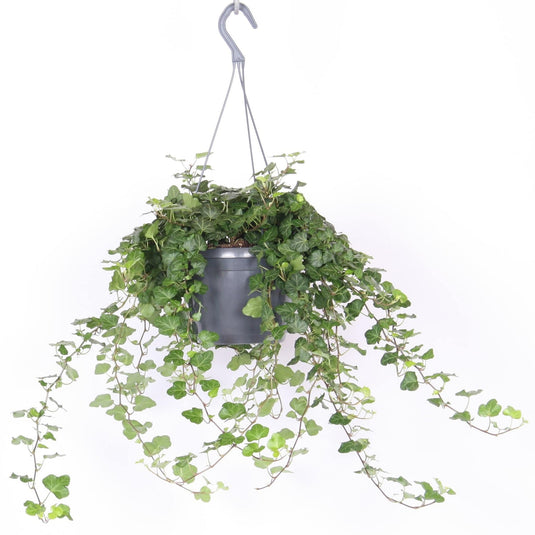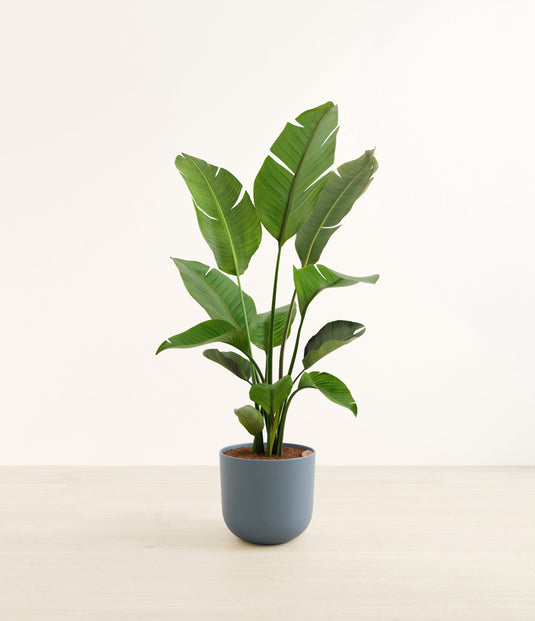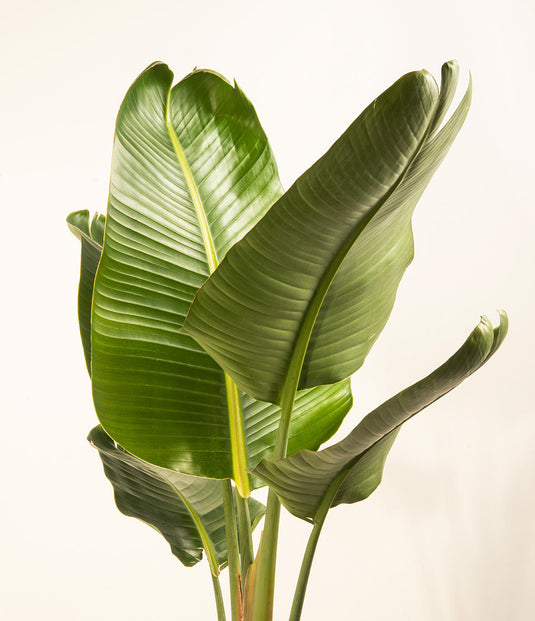Rubber Tree
- Healthy Arrival Guarantee
- Free Plant Care Consultation
- Safe & Secure Payment
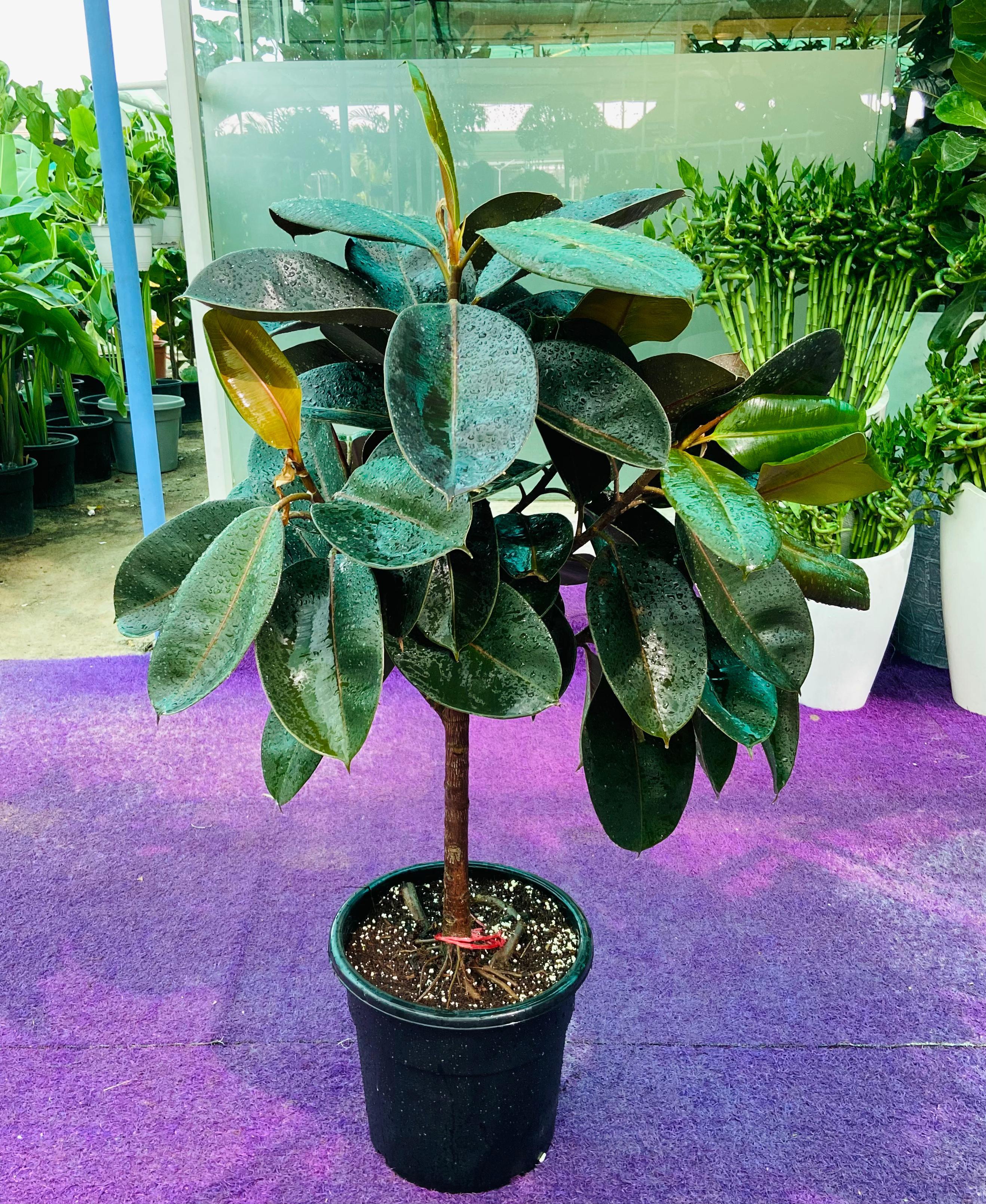
We will send you a notification as soon as this product is available again.
-
Estimated delivery: Aug 30 - Sep 03
-
Free return within 7 days of purchase.
Plant Description
Rubber Tree: Bold & Air-Purifying Houseplant
The Rubber Tree (Ficus elastica) is a striking evergreen plant with large, glossy leaves that add a bold touch to interiors. Popular as both a houseplant and office décor choice, it’s admired for its dramatic look, resilience, and air-purifying qualities.
5 Benefits of Rubber Tree in Indoor Spaces
1. Air Purification
Known for filtering toxins such as formaldehyde, the Rubber Tree improves indoor air quality and supports healthier living.
2. Bold Aesthetic Appeal
With its broad, shiny leaves in deep green, burgundy, or variegated patterns, it brings elegance and a modern tropical vibe to any room.
3. Low Maintenance
Rubber Trees adapt well indoors, requiring only moderate watering and bright, indirect light, making them suitable for busy lifestyles.
4. Size Versatility
Can be grown as a compact tabletop plant or nurtured into a tall indoor tree up to 8–10 feet, depending on the space.
5. Stress Relief
Studies suggest caring for indoor plants like Rubber Trees helps reduce stress, increase focus, and improve mood.
Disadvantages
-
Sap Sensitivity: The latex sap can be irritating to skin and toxic if ingested by pets.
-
Overwatering Risk: Requires careful watering, as soggy soil can cause root rot.
-
Light Needs: Prefers bright, indirect sunlight — too little causes slow growth, too much can scorch leaves.
-
Temperature Sensitive: Doesn’t thrive in cold drafts or sudden temperature drops.
-
Pruning Required: Needs occasional trimming to maintain shape.
Frequently Asked Questions
1. Can Rubber Trees grow indoors easily?
Yes, they are highly adaptable as long as they get bright, indirect light.
2. How tall can a Rubber Tree get indoors?
With care, it can grow up to 8–10 ft, but pruning can keep it compact.
3. Is the Rubber Tree safe for pets?
No, it is mildly toxic to cats and dogs if ingested.
4. How often should I water a Rubber Tree?
Water when the top 2–3 cm of soil feels dry; avoid letting it sit in water.
5. Does the Rubber Tree need repotting?
Yes, every 2–3 years to refresh soil and allow room for root growth.
Final Verdict: Should I Buy a Rubber Tree?
Yes. The Rubber Tree is a bold, air-purifying plant that’s easy to care for and makes a dramatic statement indoors. It’s perfect for anyone looking to combine style with function in their home or office.
Plant Care
Watering
Water your plant once a week or when the soil starts to feel slightly dry on the surface. Keep the soil consistently moist, but be careful not to overwater, as this can cause brown spots and leaf drop. If the leaves become curly or dry, it's a sign that the plant needs water. It's best to water your plant in the early morning or late evening when the temperatures are cooler. Always check the soil before watering.
Light
Provide bright indoor light or indirect sunlight for about 6 to 8 hours a day.
Temperature
Maintain temperatures between 18°C and 24°C. Avoid exposing the plant to drafts, as these can cause undesirable temperature fluctuations. Mist the plant occasionally, about twice a week, to help maintain optimal humidity levels.
Fertilizer
Apply liquid fertiliser every 15 days when the plant is actively growing. For best results, use Folikraft ready-to-use Indoor Plant Food.

